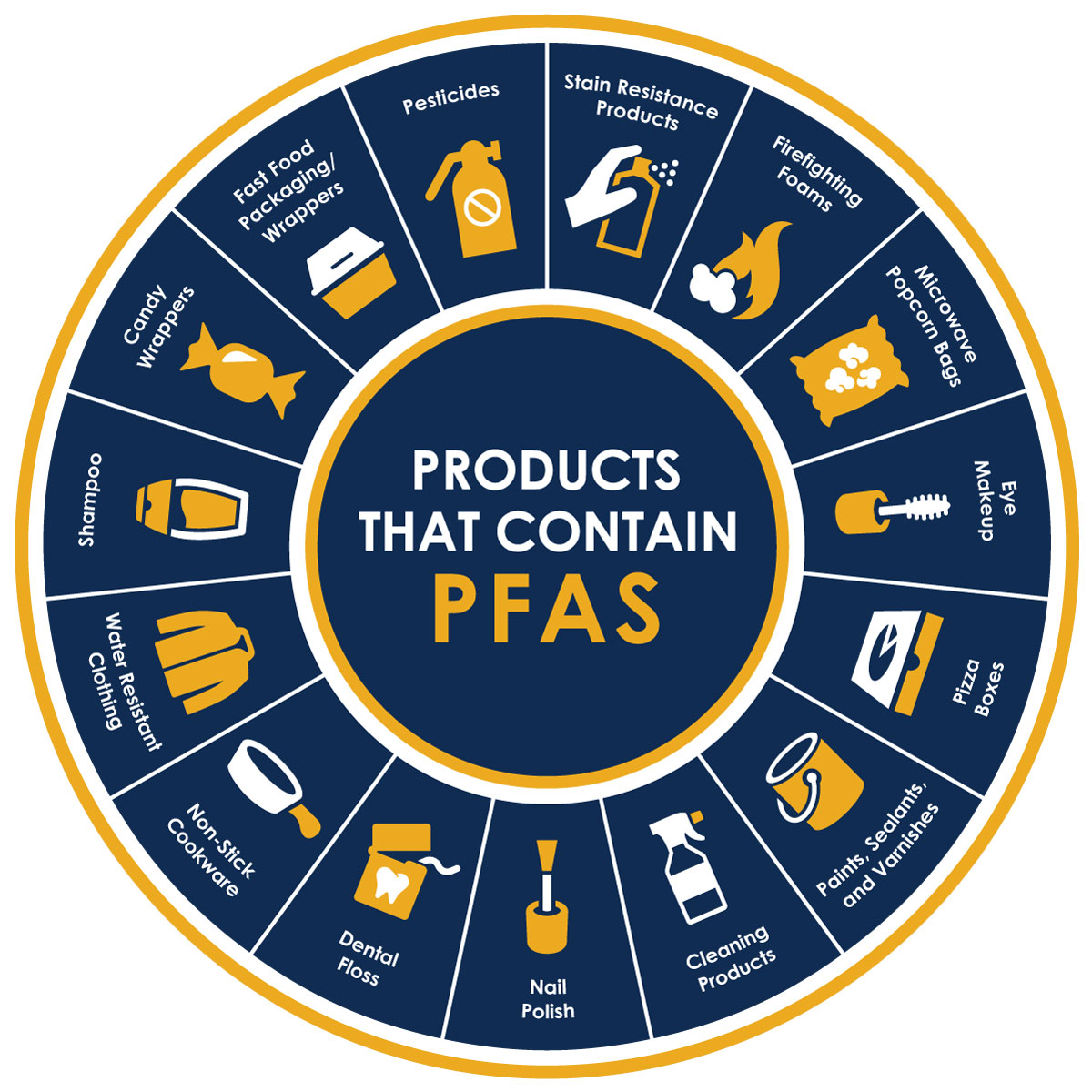Authorities recommend not to eat eggs from chickens in the Parisian capital because they are contaminated with dioxins, furans and PCBs
- The Health Authority of the region of Pil-de-France, the capital of Paris and the entire metropolis of the area, has recommended that citizens not consume eggs from small hens of their houses: a study commissioned by the public authorities confirms what the ToxiWatch foundation had already discovered in another study, that the dioxins carrying the eggs of these hens exceed 50 times the limits established by law.

The Parisian authorities have apparently taken more seriously the indications of the ToxiWatch Foundation and last year they investigated the eggs of their pens. Now, on April 19, the De-France Community Agency for Hair Health (ARS) has recommended through the press that they avoid the consumption of domestic poultry eggs. Not least until the issue is deepened and all conclusions are clarified.
Le Monde has put the news in his version of the Internet on the first page. The newspaper recalled that ‘a first alert was given by Le Monde in February 2022, revealing that large dioxin deposits were found in the eggs of the hens near the incinerator of Ivry Paris XIII. The author of the study was the ToxiWatch Foundation, specialized in toxicological analysis of incinerator contaminants, at the request of Collectif 3R”. It must be said that the association that is named after the slogan ‘réduir’, ‘réutiliser’ and ‘recycler’, 3R’, is a member of the GAIA federation against the Zero Waste movement and incineration. Collectif 3R commissioned the ToxiWatch foundation to analyse the contamination of Ivry, the largest incinerator in Europe.
Audible in Gipuzkoa, as in Paris
ToxiWatch has carried out similar surveys in the vicinity of incinerators in the Czech Republic, Madrid and Gipuzkoa, as well as Paris, and published a report comparing the data of all. It is curious to compare the different response given to the work of this prestigious foundation: in Gipuzkoa the main press refused the study and the only response given by the authorities was despicable and threatening, since the Anti-Incinerator Movement in charge of the work and ToxiWatch itself had made public that they were trying to intimidate the citizens.
In Paris, on the contrary, the authorities decided to throw a little more of the thread. The eggs of 25 hens have been analyzed in the new study commissioned, all with the authorization of the small chickens and their owners. There are 14 chickens in the vicinity of the three largest incinerators in Paris, Ivry - sur-Seine, Issy-les-Moulineaux and Saint-Ouen; the other eleven are slightly further away from the incineration environment outside the three-kilometre radius. And the new study of these chickens confirms what was discovered by ToxiWatch, which recommends that citizens not consume chicken eggs from Paris (“at the moment”).
It should be noted that dioxins are accumulated by animals, including humans, in their fats, and that in the case of hens reared freely by citizens next to the house of self-consumption, the leaves and mushrooms ingested in the vicinity of the hens appear clearly in their dioxin eggs collected from water or soil as those from air.
Burden on citizens
Anyone who has paid particular attention to the incineration of waste and the pollution caused by it is aware that the issue will still bring a long string. First of all, those of the health agency ARS must be very vigilant, because the incineration of waste is at stake, that is, a whole management that should have a supposed final solution for waste… and a strong industry that sustains its business. That is why ARS says with one hand that in its new research dioxins appear in the area up to three kilometres from the incinerator and further away. In other words, dioxins are widespread and difficult to associate with specific sources. And with the other hand it determines that it recommends not eating homemade chickens' eggs to all people of Ile De-France, but especially to those in the closest environment of Paris… to those closest to the incinerator.
The health agency ARS, in its latest annex, reminded the population how dioxins and furans are produced: “Dioxins and furans are the by-products that cause the burning of waste and industrial activities such as the bleaching of paper pulp. Therefore, the presence of dioxins and furans in the environment is not intentionally related to past or present discharges from incinerators and some industries.”
Unfortunately, with the serious pollution problem that has become apparent in the Parisian capital, the first thing that has happened to the authorities of the health agency ARS is to throw the burden of dioxins behind the citizens, recommending as a preventive measure that they do not eat eggs for self-consumption. On the other hand, not a single word, as a preventive measure to preserve public health, to stop incinerators that continue to pollute every corner of dioxin. !
Errausketaren Aurkako Mugimenduak dei egin die Gipuzkoako herritarrei hondakinen errausketaren aurka mobilizatzera Donostian irailaren 11n, estropadak jokatzen diren ordu berean. Urteak daramatzate EAMeko militanteek bere protesta azaltzen Zubietan eraikitako erraustegiaren... [+]












